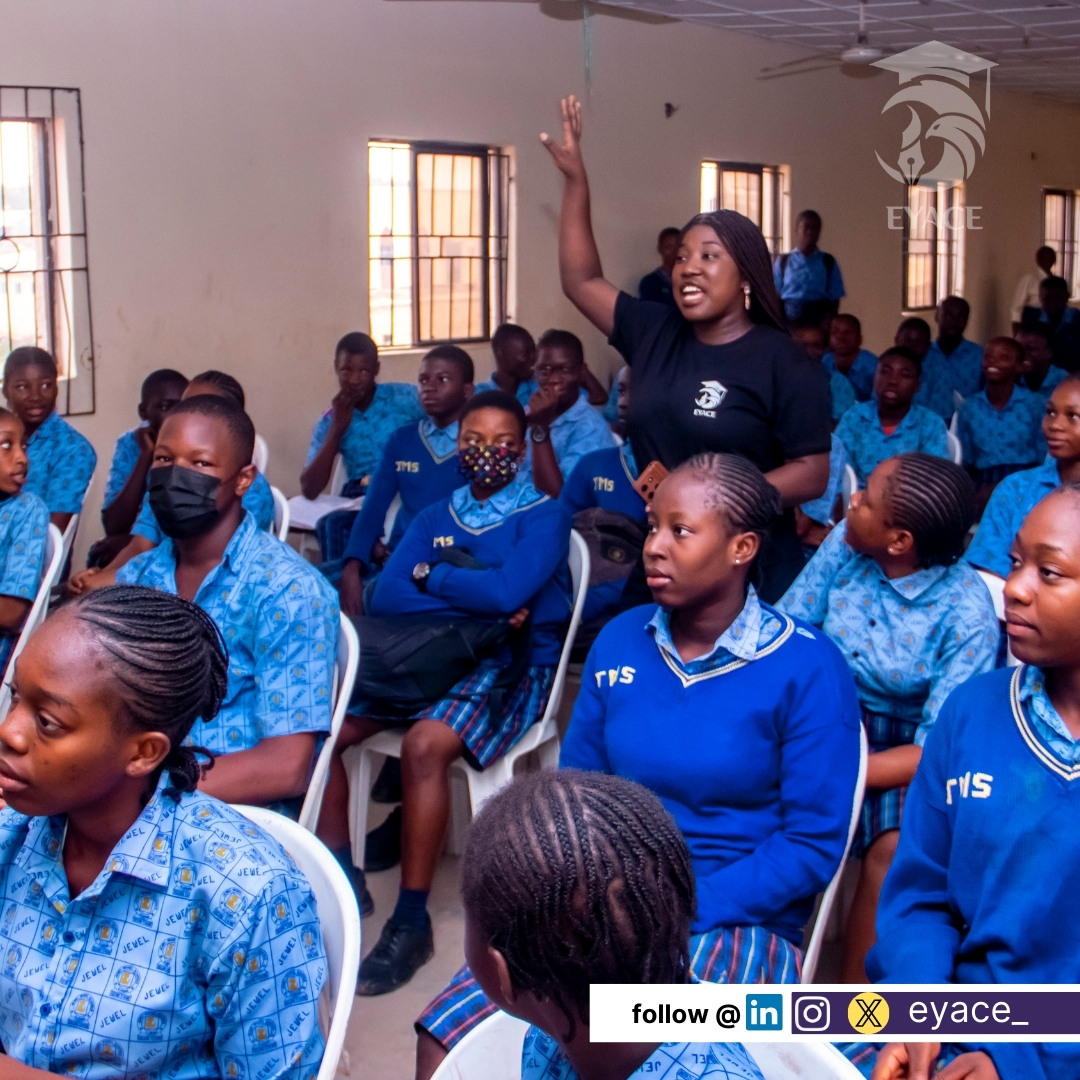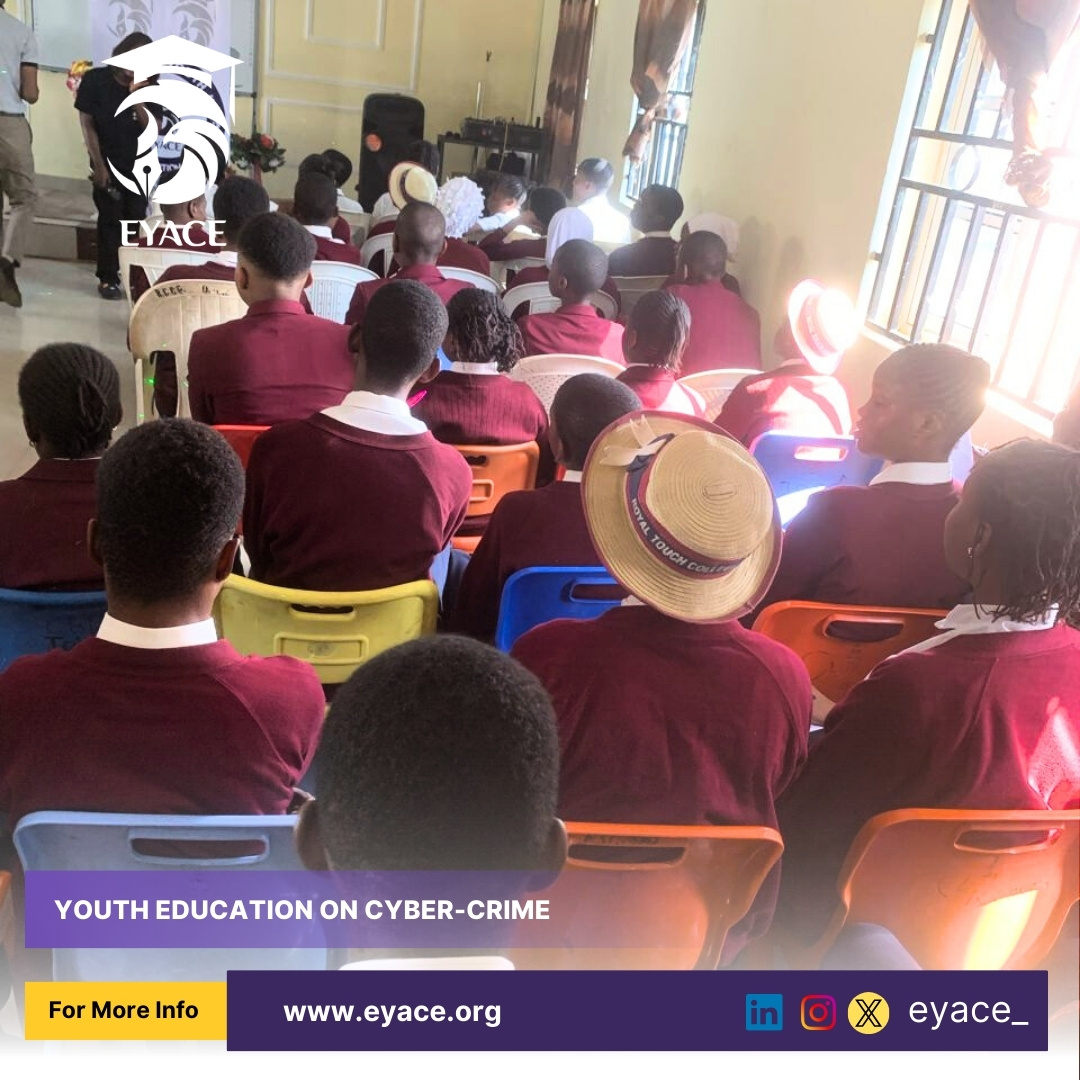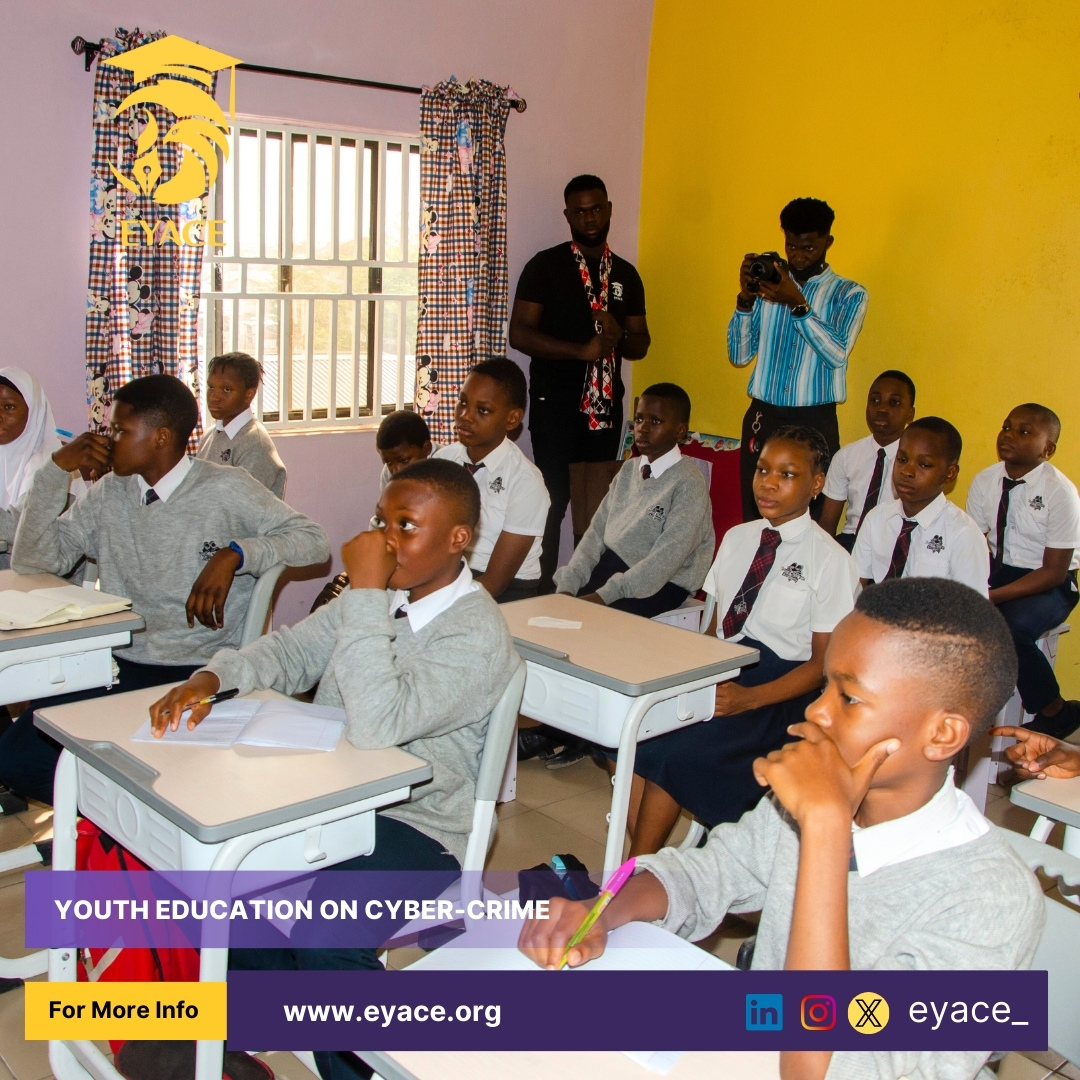An African proverb once quotes “What an elder sees while sitting, cannot be seen by a child even if he climbs to the top of a ladder or mountain”. This statement is a metaphorical representation of experiences gained by seniors or elders, impressing the need to regard advice and instructions from them. Also, it is said that we learn either through knowledge, people’s experiences or ours; but I always prefer the former because its consequences are not as disastrous as it would be if it was ours.
However, this wasn’t the case for Jack as he came to learn the impact of having a criminal record the hard way. Jack (name changed to protect identity) received a sentence conviction in 2010 for a crime committed, after which, was documented and saved in a database for future reference (criminal record). After his conviction, he lost his job (a good-paying job), friends and partner whom he planned to relocate abroad with. His life was not going to be the same again with such a record, his fall from grace was long and hard, hitting rock bottom. He went through depression, worthlessness, and even suicidal thoughts occasionally. He moved from a job where he knew the least he could earn was 30,000 pounds annually to a state of unemployment after serving the crime time.
At this point, getting a labour job of 6 pounds per hour at a construction site was a hassle for him, and even eventually after being given the job, he was released from the employment not far after they discovered he had a criminal record. This is the same story for the majority of persons with criminal records, and as Jack said “the biggest challenge facing anybody with a conviction is employment”. According to a report by the Global Initiative against Transnational Organized Crime in 2023, Africa experienced high levels of criminality between 2021 and 2023, remaining the second-highest-scoring continent in the world at 5.25 out of 10, coming after Asia.
In their report, Nigeria ranked 6th in the world, with a crime index of 7.28, with the Democratic Republic of Congo having a crime index of 7.35, and South Africa 7.18 sitting at 5th and 7th positions respectively. The Organized Crime Index (2023) introduced five new indicators to measure criminal activity which were financial crimes, cyber-dependent crimes, illicit trade in goods, and Extortion and protection racketeering3. These factors raised the bar for Nigeria’s criminal record seeing the high rise of financial and cyber-dependent crimes, as compared to other nations in Africa within the year-frame of 2021 – 2023. This claim is in accordance with the report from the past Chairman of the Economic & Financial Crimes Commission (EFCC), Abdulrasheed Bawa, where he claimed that the Commission convicted 2,847 persons of cybercrime across the country in 2024.
Further statistics point to the fact that Nigeria is tilting towards a crime-perceived society, where the majority of its youths will have a criminal record in one form of crime or the other, with cybercrime top of the list. Hence, there is need to emphasize on the implications of having such a history in a digitalized world as we have today. Listening to Jack’s interview again, and pondering on his what ifs and what he would have achieved within the sentence years made me realize that time waits for no man, and a mistake once made will live with the individual for life. Finally, I think there should be a change of perspective in our young youths, discouraging statements such as “make all the mistakes you can while young, so you can learn from them”. This is so because some mistakes made can turn into criminal records, which will change the direction of the individual’s life forever.
- Unlock, “Five Years in the life of a person with conviction”. Accessed 29th March, 2024, https://unlock.org.uk/personal_story/five-years-in-the-life-of-a-person-with-conviction/
- Chisom Michael, “Nigeria ranks high in African crime rates, see top 10 list”, accessed 1st April, 2024, https://businessday.ng/news/article/768810-nigeria/
- Global initiative against Transnational organized Crime, “Global Organized Crime Index 2023”. accessed 20th March, 2024, https://globalinitiative.net/wp-content/uploads/2023/09/Global-organized-crime-index-2023-web[1]compressed-compressed.pdf
- QueenEsther Iroanusi, “Over 2,800 persons convicted of cybercrime in 2022”, accessed 1st April, 2024, https://www.premiumtimesng.com/news/top-news/562065-over-2800-persons-convicted-of-cybercrime-in-2022- efcc.html?tztc=1








